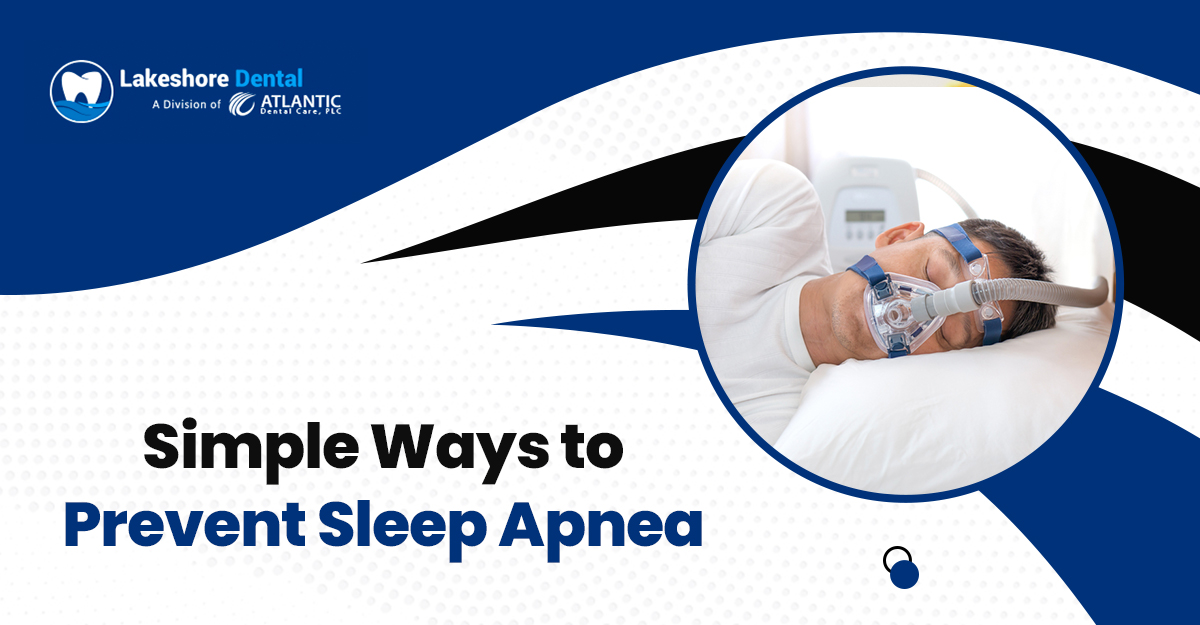
We all know how important a good night’s sleep is for our overall health and well-being. But did you know that sleep apnea can disrupt your sleep and lead to various health issues? The good news is that there are simple ways to prevent sleep apnea and ensure you get the restful sleep your body deserves.
Maintain a Healthy Weight
One of the key factors contributing to sleep apnea is excess weight, especially around the neck area. By maintaining a healthy weight through a balanced diet and regular exercise, you can reduce the risk of developing sleep apnea. Even a small weight loss can make a big difference in improving your breathing during sleep.
Sleep on Your Side
Believe it or not, your sleeping position can affect your risk of sleep apnea. Sleeping on your back may cause your tongue and soft palate to collapse backward, blocking your airway. Try sleeping on your side to keep your airway open and promote better airflow. You can use a body pillow or try a “sleeping buddy” to help maintain the side-sleeping position.
Avoid Alcohol and Sedatives
Alcohol and sedatives can relax the muscles in your throat, making it more likely for your airway to collapse during sleep. Limit your intake of these substances, especially in the hours leading up to bedtime. Opt for a soothing cup of herbal tea instead to promote a more restful sleep.
Establish a Consistent Sleep Schedule
Creating a regular sleep routine helps regulate your body’s internal clock. Aim for the same bedtime and wake-up time every day, even on weekends. This consistency can improve the quality of your sleep and reduce the likelihood of sleep apnea episodes.
Keep Your Bedroom Air Clean
Allergens and irritants in the air can contribute to breathing problems during sleep. Keep your bedroom well-ventilated and free from dust, pet dander, and other potential allergens. Consider using an air purifier to maintain clean and fresh air in your sleep space.
Stay Hydrated
Dehydration can make snoring and breathing difficulties worse. Make sure to stay hydrated throughout the day by drinking an adequate amount of water. Limiting caffeine and avoiding large meals close to bedtime can also contribute to better sleep.
Quit Smoking
If you smoke, here’s one more reason to quit – smoking increases the risk of sleep apnea. The chemicals in tobacco can irritate and inflame your airways, making it harder to breathe during sleep. Seek support to quit smoking, and enjoy the benefits of improved sleep and overall health.
Conclusion
Preventing sleep apnea doesn’t have to be complicated. By adopting these simple lifestyle changes, you can create a sleep-friendly environment and reduce the risk of sleep apnea. Remember, good sleep is a key ingredient for a healthy and happy life, so prioritize your well-deserved rest. Sleep well, breathe better!

